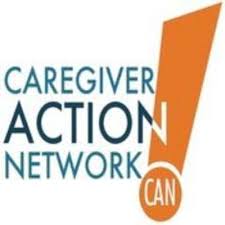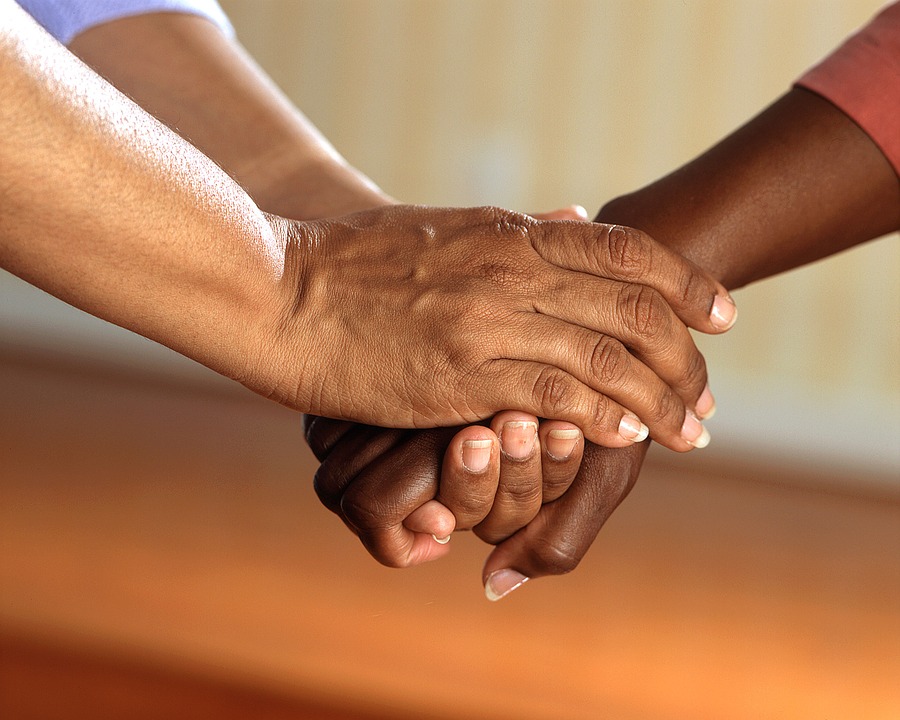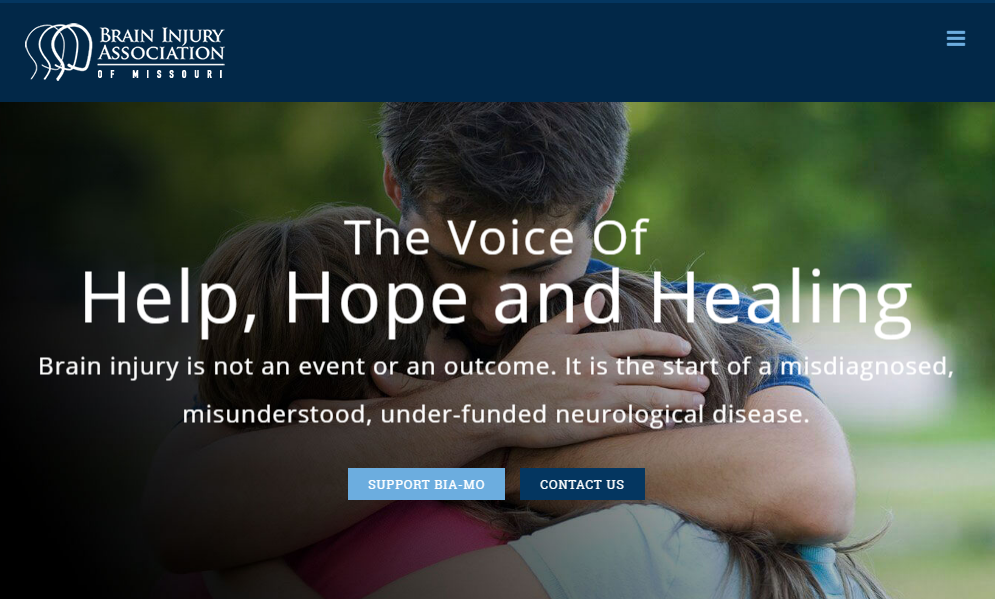Minority Mental Health: Just because we’re magic, doesn’t mean we aren’t real
By Tai of Allsup
African American actor Jesse Williams gave an impassioned speech when he accepted the BET Humanitarian Award last month. He attacked systemic racism and promoted social justice. Near the end of his speech, he said, “Just because we’re magic, doesn’t mean we aren’t real.”
July is Minority Mental Health Awareness Month. Give me a few paragraphs to make the connection.
This year marks the 15th anniversary of the groundbreaking U.S. Surgeon General’s report, Mental Health: Culture, Race, and Ethnicity—A Supplement to Mental Health.
The report concluded that mental illnesses are serious and disabling disorders affecting all populations, regardless of race or ethnicity; however, it exacts a disproportionately greater toll on the overall health and productivity of minorities.
Among the report’s findings:
- Ethnic and racial minorities in the U.S. face a social and economic environment of inequality that includes greater exposure to racism and discrimination, violence, and poverty, all of which take a toll on mental health.
- Racism and discrimination are stressful events that adversely affect health and mental health. They place minorities at risk for mental disorders, such as depression and anxiety.
- Mistrust of mental health services is an important reason deterring minorities from seeking treatment. Their concerns are reinforced by evidence, both direct and indirect, of clinician bias and stereotyping.
- Cultural misunderstandings or communication problems between patients and clinicians may prevent minorities from using services and receiving appropriate care.
Toughness & Resiliency
The Cambridge English Dictionary defines magic as, “the use of special powers to make things happen that would usually be impossible,” and “a special, exciting quality that makes someone or something different and better than others.”
Key ingredients to the “magic” of African American culture includes culturally protective factors cited by the report—spirituality and community and family support.
I would add resiliency. The ability to endure, most often in silence, is much more than a valued personal characteristic. It is how you survive.
This necessary toughness often makes accepting and dealing with mental illness much harder to do in communities of color.
The same dynamic—the need to be “tougher than” to exist in a society that constantly sends the message that you are “less than,” is also experienced in the lesbian, gay, bisexual, transgender (LGBT) community.
It’s not surprising that the report also found that attitudes toward mental illness held by minorities are as unfavorable, or even more unfavorable, than attitudes held by whites. Stigma discourages major segments of the population, majority and minority alike, from seeking help.
As we observe Minority Mental Health Month in July, and celebrate the magic found in all cultures, I’d like to emphasize Williams’ reminder that we are real.
Our magic doesn’t exempt us from mental illness. But it can help us understand, love and support each other. We can share our stories, speak out against stigma, and raise awareness that treatment works.
Allsup
Related Articles

Uncategorized
Helping Family Caregivers With What They Need to Know

Uncategorized
Understanding MS and Disability Benefits

Uncategorized
BIA-MO Gets Real about Brain Injury Awareness

